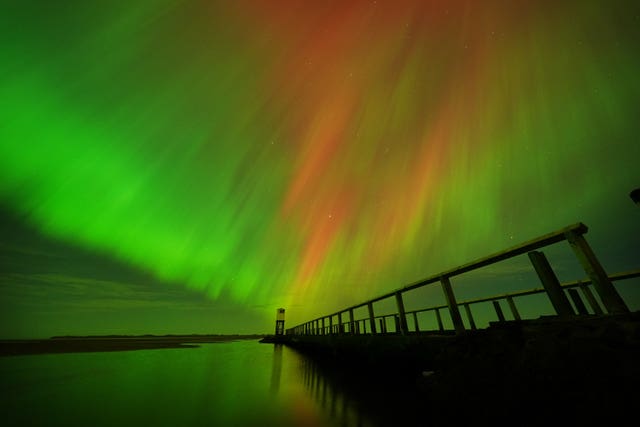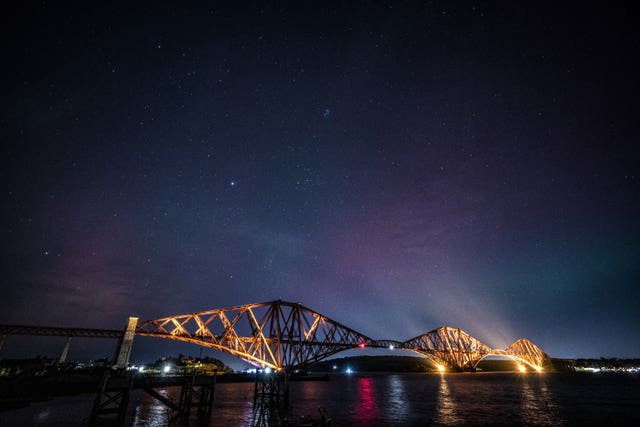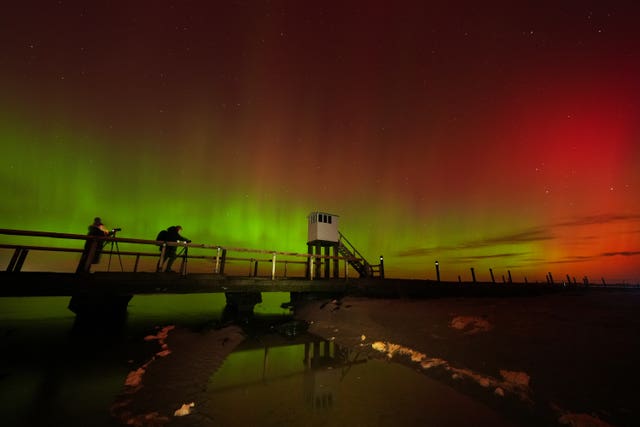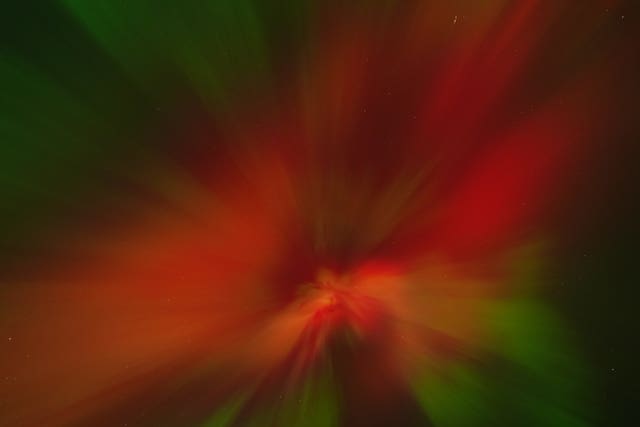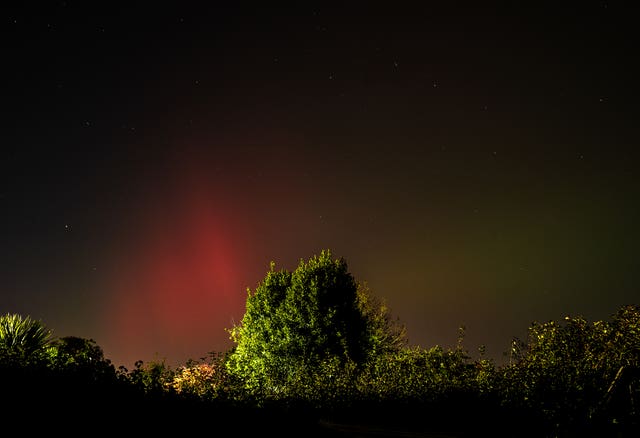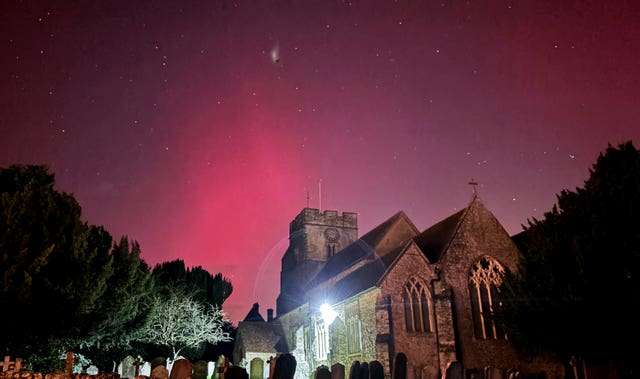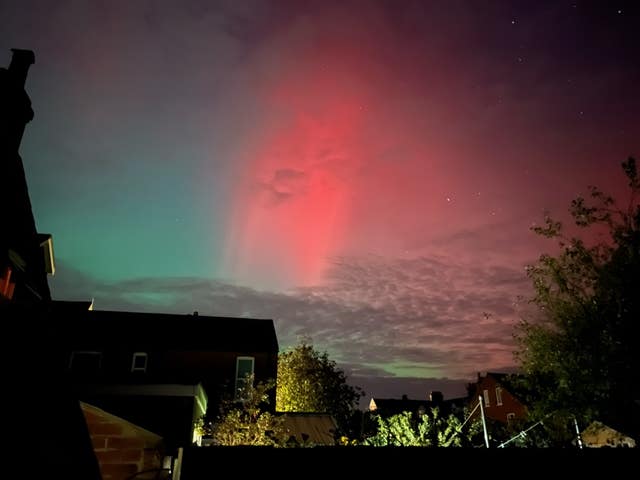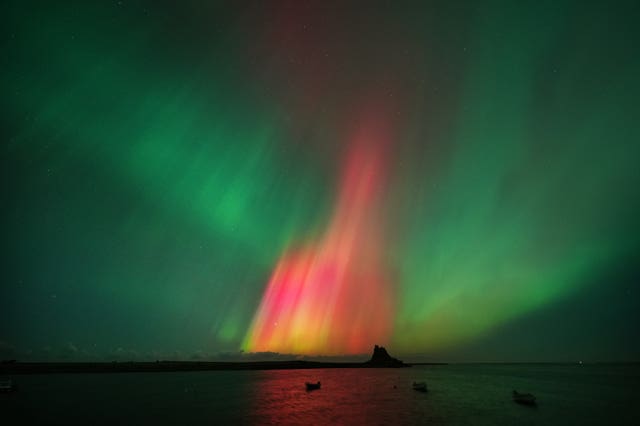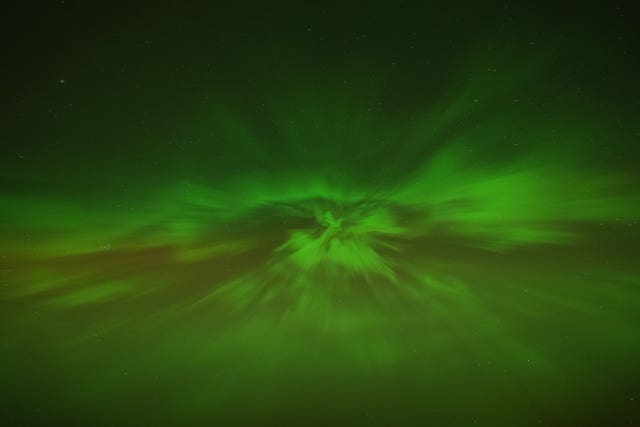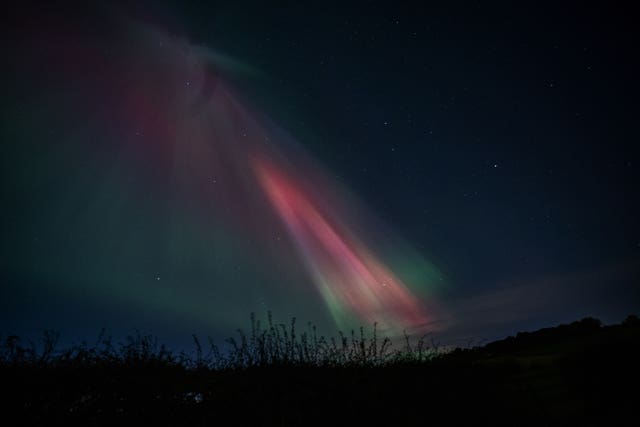In Pictures: Another spectacular display as Northern Lights burn brightly
The lights could be seen as far south as Kent and East Anglia.
Published
Last updated

The Northern Lights have lit up skies across the UK and Ireland – with areas as far south as Kent being treated to bright pink and green hues.
Clear and crisp conditions, matched with the sun nearing the peak of its solar cycle, have led to astonishing displays in the night sky.
